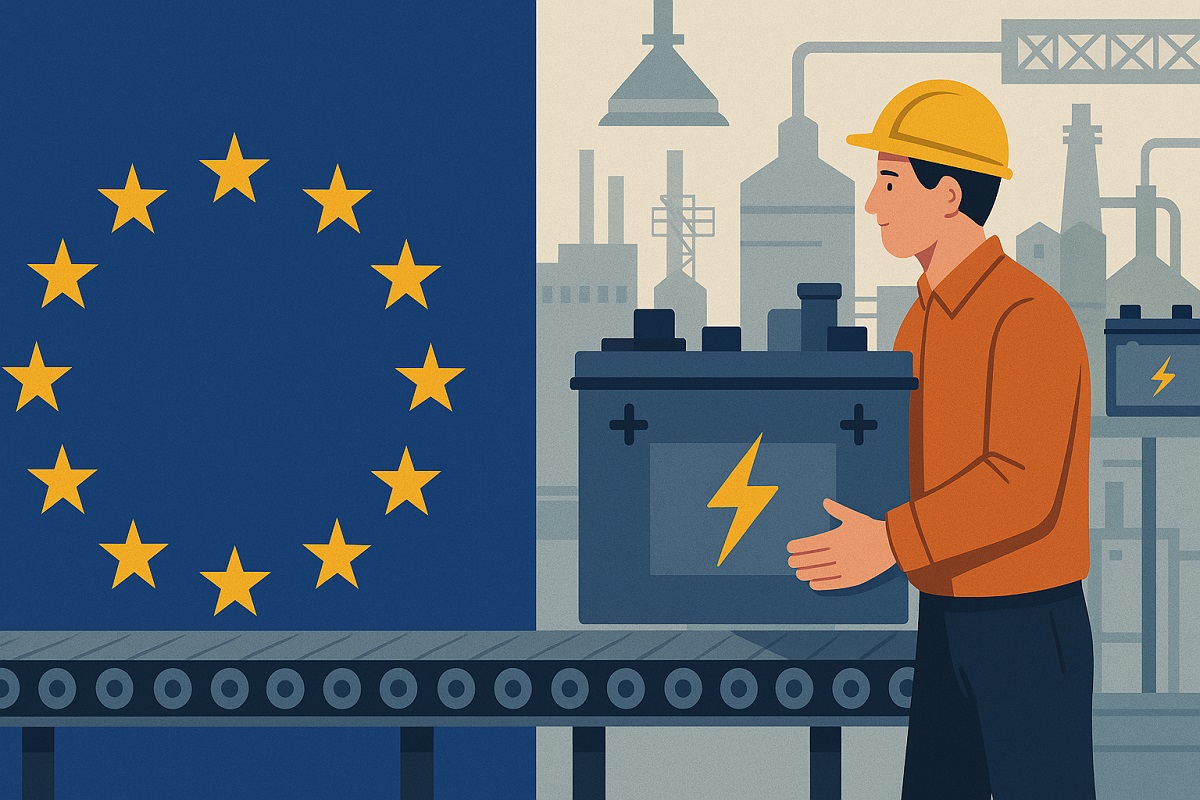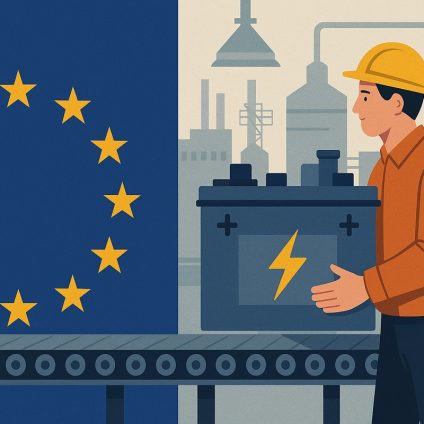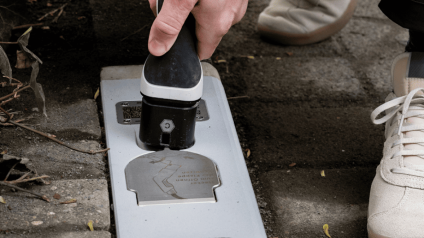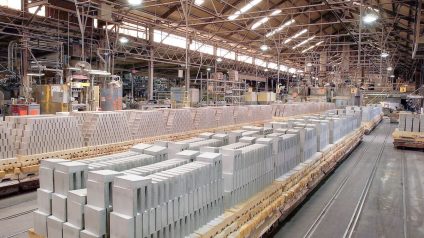The European battery manufacturing supply chain receives $918 million to launch six new BEV cell projects and reduce import reliance.

Six EU-backed projects will launch a European battery manufacturing supply chain for electric vehicles
The European Union is moving to close its industrial gap in electric vehicle battery production. The aim is to accelerate the energy transition while avoiding delays and reducing dependence on third countries. With China rapidly advancing, Europe risks once again having no alternative but to rely on imports. In response, the European Commission has allocated €852 million (approximately $918 million) in subsidies to support six cutting-edge projects focused on battery cell manufacturing for BEVs.
Innovation Fund at the core of the EU strategy
The financial support comes from the EU Innovation Fund and signals a strong commitment to growing the continent’s battery manufacturing sector. These subsidies follow the Fund’s first call for large-scale battery projects, launched in December 2024, aimed at strengthening the European battery value chain and minimizing reliance on Asian imports.
Since its inception in 2021, the Innovation Fund has distributed nearly €12 billion across more than 200 innovative projects throughout the European Economic Area. With potential funding reaching €3 billion, the program is designed to overcome the economic and technical barriers that still challenge the battery industry, especially amid global competition and vulnerable supply chains. This effort is part of the EU’s broader industrial policy to strengthen competitiveness and create highly skilled jobs across Europe.
Six innovative projects selected
The six projects selected by the European Commission stand out for their innovation in battery cell production and commitment to sustainable technologies and processes. Notably, no Italian companies were selected. The projects are:
- ACCEPT Automotive Cells Company European Production Take-off (ACC) – France
- AGATHE – Advanced gigafactory focused on reducing greenhouse gas emissions (Verkor) – France
- CF3_at_Scale – Scaling innovative manufacturing processes for high-performance cells (Cellforce Group) – Germany
- NOVO One – NOVO One Gigafactory (NOVO Energy) – Sweden
- WGF2G – Willstatt GigaFactory 2 GWh (Leclanché) – Germany
- 46inEU – Powering the Future – 46 Cylinders, Infinite Possibilities in Europe (LG Energy Solution) – Poland
All six projects are expected to be operational by 2030. Within their first ten years, they are projected to reduce greenhouse gas emissions by approximately 91 million metric tons of CO₂ equivalent. Once completed, the combined production capacity will reach roughly 56 gigawatt-hours of battery cells for electric vehicles annually.
Grant agreements and future prospects
The selected applicants will sign grant agreements with the European Climate, Infrastructure, and Environment Executive Agency (CINEA) in the third quarter of 2025. Additional promising projects are under consideration, though they are not yet mature enough to receive development funding from the European Investment Bank.












